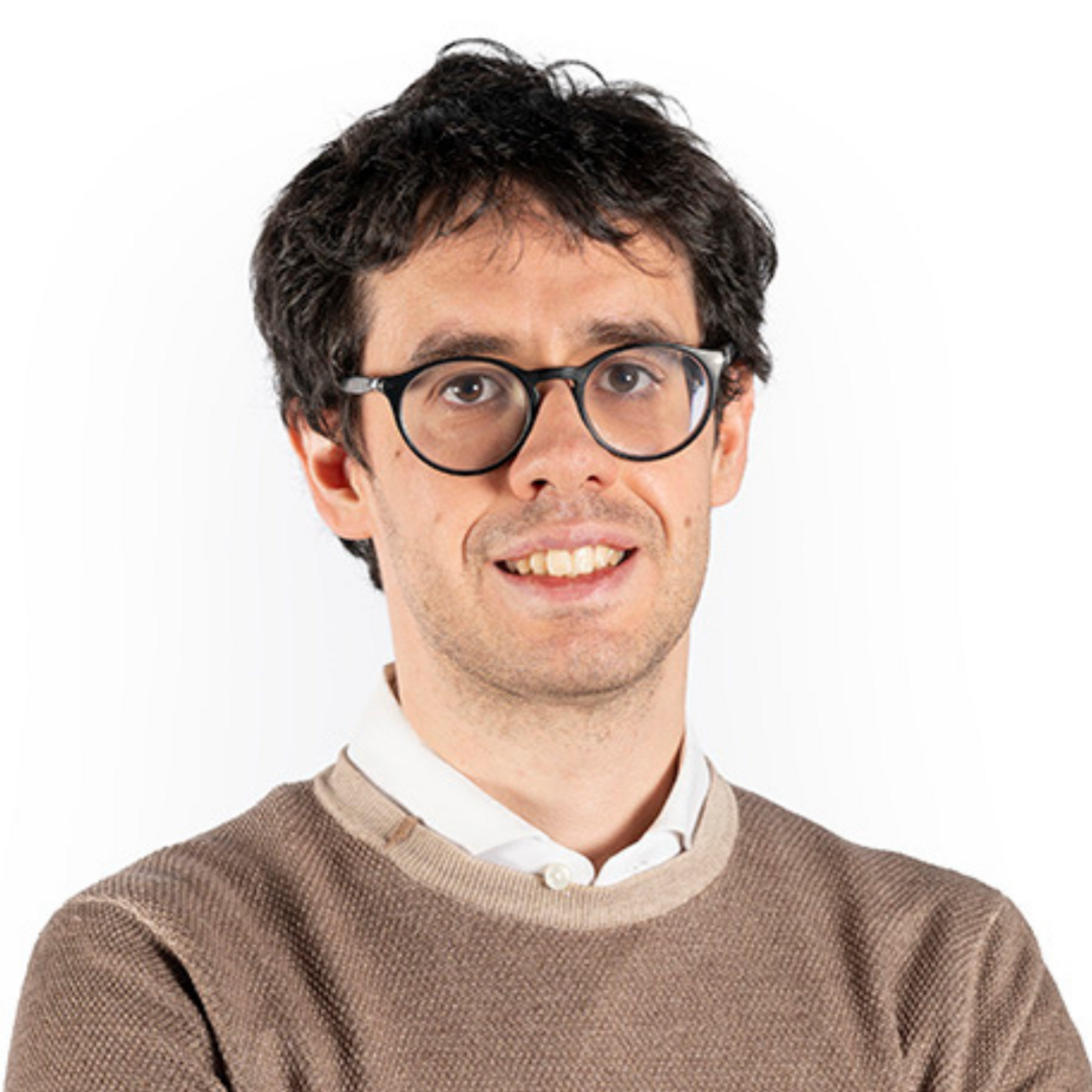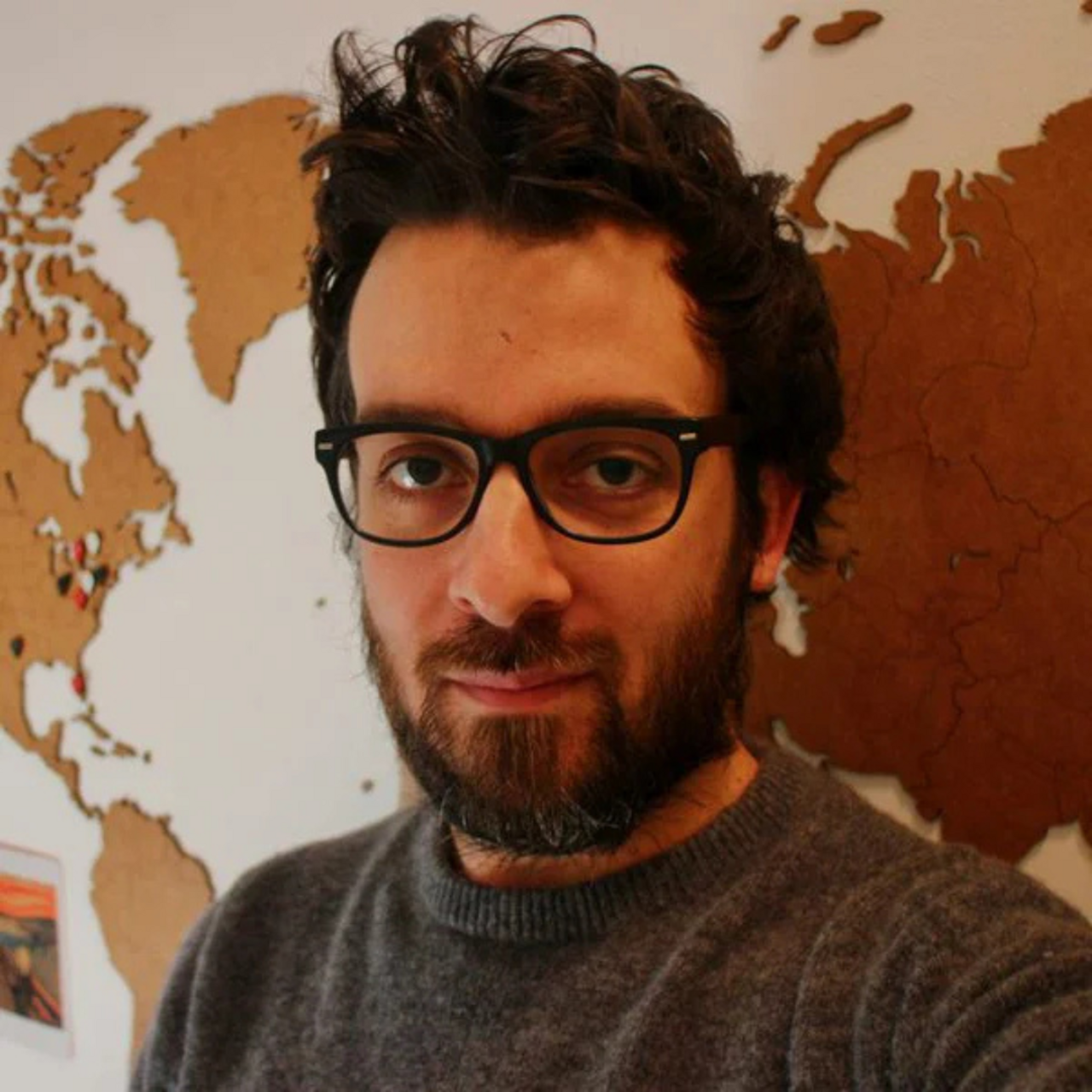Four Politecnico Projects Funded by the Fondo Italiano per la Scienza (Italian Science Fund)
Four new Politecnico di Milano projects have been awarded funding under the Fondo Italiano per la Scienza (FIS2 Call), a programme for basic research established by the Ministry of Universities and Research to support fundamental research in Italy by funding the work of emerging and established researchers. The Fondo Italiano per la Scienza (FIS) is modelled on the European Research Council (ERC) and promotes high-level scientific projects led by researchers affiliated with Italian research institutions.
The fund offers different types of grants designed for the various stages of an academic career, supporting early-career researchers (Starting Grant), mid-career researchers (Consolidator Grant), and established researchers (Advanced Grant). As part of the FIS2 Call, two additional projects coordinated by Politecnico di Milano professors, Giacomo Ghiringhelli (abovEF) and Francesco Regazzoni (SYNERGIZE), have received funding. For further details on these projects.
Politecnico di Milano’s projects will receive a funding allocation of more than €9 million. The Ministry of Universities and Research has earmarked more than €330 million under the FIS2 Call.
AURIGA – Unveiling the RIddles of GAs-liquid fluid dynamics: towards novel carbon dioxide absorption systems
The AURIGA project is led by Giorgio Besagni, an Associate Professor in the Department of Energy. With funding of over €1.5 million, it aims to develop new CO₂ absorption systems.
AURIGA aims to address major challenges in two-phase fluid dynamics, an inherently complex and poorly understood phenomenon that holds important implications for the design and optimisation of multiphase reactors. The goal of the project is to develop an innovative theory for interpreting regime transitions in gas-liquid flows, with the support of experimental investigations on different scales. These principles will be applied to the design of new ionic liquid technology for CO₂ absorption, the impact of which will be assessed nationally. The proposed system, which combines bubble columns with ionic liquids, aims to replace traditional technologies with more efficient and sustainable solutions, thus contributing to the transition to a low-carbon economy.
Giorgio Besagni is an Associate Professor of Technical Physics. He graduated (cum laude) in Energy Engineering in 2012 and completed his PhD in Energy and Nuclear Science and Technology in 2016. After his postdoctoral research at the Politecnico di Milano, he moved to a private corporate innovation centre. He became a researcher at RSE in July 2017. After a period as researcher at the Politecnico di Milano he became an Associate Professor in the Department of Energy in January 2024. Besagni’s academic career has been enriched with international experiences at Helmholtz-Zentrum Dresden-Rossendorf, Dresden, Germany (2015) and the Department of Mechanical Engineering, TU/Eindovhen, Netherlands (2019). Besagni is the author of more than 130 publications in international journals, and book chapters and conference proceedings. He is editor of Applied Thermal Engineering, the Journal of Cleaner Production, Renewable Energy, Chemical Engineering Science, and Chemical Engineering Research and Design. For four consecutive years (2020, 2021, 2022, 2023), he was listed in the top 2% of the best researchers worldwide. His main areas of research are experimental and numerical analysis of multiphase flows, experimental and numerical analysis of renewable energy technologies, and multiscale modelling of the residential sector.
NESOC - Novel Enzymatic Strategies for Organoboron Chemistry
The project by Daniele Fiorito, a researcher in the ‘Giulio Natta’ Department of Chemistry, Materials and Chemical Engineering, with over €1.3 million in funding, aims to transform the field of organic synthesis through biocatalysis, i.e. the use of enzymes as catalysts in chemical reactions.
The NESOC project integrates the most advanced biocatalysis techniques with innovative synthesis strategies to address some of the most complex challenges in organic chemistry, including environmental sustainability, processing safety, high efficiency and selectivity, and industrial-scale applicability.
The goal of NESOC is to develop novel biocatalytic reactions to synthesise and functionalise organic boron compounds, a key bonding element in organic molecules. The project aims to combine the selectivity and eco-compatibility of biocatalysis with enzymatic activities that do not exist in nature to synthesise organic boron compounds. This approach will overcome current limitations in boron chemistry, introducing new forms of reactivity and reducing the environmental impact of using non-renewable resources. The results of NESOC will have significant effects in several areas, from pharmaceutical chemistry to advanced materials, from enzyme biochemistry to industrial processes.
Daniele Fiorito is a researcher in Chemical Foundations of Technologies. He obtained his Laurea (equivalent to Bachelor of Science) in Chemistry from the University of Milan in 2015 and his PhD in 2019 from the University of Geneva, Switzerland, under the supervision of Clement Mazet. He later conducted research at the University of Bristol, UK, in the group led by Varinder Aggarwal. An expert in homogeneous catalysis applied to organic chemistry, he deals with sustainable methods to synthesise complex molecules, natural products and innovative materials from renewable sources. Fiorito has published papers in the most important international scientific journals and has received prestigious awards, including the Postdoc Mobility Fellowship from the Swiss National Science Foundation (2020), the Junior Research Prize in Methodologies in Organic Chemistry from the Italian Chemical Society (2023) and the IDEA League Visiting Research Fellowship from TU Delft (2024).
BERLIN – BEhavioRaL INtelligence for evidence-based adaptation policies
In un clima e una società in continua evoluzione, le infrastrutture idriche come le dighe possono giocare un ruolo fondamentale nel raggiungimento di diversi Obiettivi di Sviluppo Sostenibile (SDGs). Attualmente, oltre 58.000 grandi dighe controllano il 46% dei maggiori fiumi del mondo influenzandone le dinamiche.
Il progetto BERLIN, coordinato da Matteo Giuliani del Dipartimento di Elettronica, Informazione e Bioingegneria, utilizzerà modelli basati su dati e tecniche di Machine Learning per far progredire la comprensione e la modellazione di come il comportamento umano influenzi le dinamiche dei sistemi socio-ecologici complessi. Il progetto inoltre affronterà il tema della valutazione del rischio tramite un approccio a tre livelli (consapevolezza, percezione e adattamento al rischio), esplorando come il Social Learning possa supportare le politiche di adattamento al rischio.
Infine, BERLIN integrerà questi risultati in un modello idrologico globale che includerà una rappresentazione esplicita del comportamento degli operatori delle dighe, utile sia per l’analisi retrospettiva di eventi e comportamenti passati, sia per la produzione di proiezioni affidabili e credibili sull’evoluzione futura dei sistemi socio-ecologici.
Matteo Giuliani is an associate professor at the Environmental Intelligence for Global Change laboratory at Politecnico di Milano. After completing a Laurea Magistrale (equivalent to a Master of Science) in Environmental and Land Engineering (Politecnico di Milano and Politecnico di Torino, 2010) and earning a diploma from the Alta Scuola Politecnica (2011), he obtained a PhD in Information Technology from Politecnico di Milano (2014), which included a research period at Penn State University. From 2018 to 2020, he was an Academic Guest at ETH Zurich, working with SCCER-SoE. His research focuses on integrated water resource management in complex systems, with an emphasis on multi-objective optimisation, reinforcement learning, decision-making under uncertainty, climate change adaptation, and the application of artificial intelligence in the analysis of extreme events. He is a member of technical committees of IFAC, ASCE/EWRI, and AGU, and serves on the editorial boards of several leading journals in the field, including the Journal of Water Resources Planning and Management, Journal of Hydrology, and Frontiers in Water.
HUmLrn - Unified Learning from Diverse Human Feedback
The HUmLrn project coordinated by Alberto Maria Metelli addresses the question: ‘How can artificial intelligence agents make the most of the diversity of human feedback to improve their capabilities?’ When humans are experienced in specific tasks, their feedback reveals implicit goals that they would like to optimise.
Current methods focus on a narrow range of feedback, often limited to demonstrations. The methods might also assume that a specified reward is available without incorporating other forms of feedback, such as corrections, or considering different types of feedback. In contrast, humans acquire skills and can flexibly incorporate different forms of feedback and extract useful information from it. Intuition suggests that synergy between these different forms of feedback can significantly improve learning outcomes and potentially enable new skills that would otherwise be unattainable.
The project aims to formalise this innovative paradigm within a new framework, addressing the challenge of integrating different forms of feedback into a unified methodology. It will explore the theoretical basis of the problem, with a focus on statistical complexities, and then design and develop innovative and efficient learning algorithms. Finally, an experimental evaluation will be conducted in a use case of simulated autonomous driving.
Alberto Maria Metelli, from the Department of Electronics, Information and Bioengineering (DEIB), obtained his PhD in Computer Science (cum laude) in March 2021 from the Politecnico di Milano. His thesis dealt with the configuration of the environment in reinforcement learning and was awarded with the ‘Marco Cadoli 2021 NeoDoctors Research Award’ as the best Italian doctoral thesis in artificial intelligence (by AIxIA). He is co-founder of ML Cube S.r.l., an innovative start-up that provides cutting-edge solutions for machine learning and life cycle optimisation systems. His main research interests relate to artificial intelligence and machine learning in sequential decision-making, and reinforcement learning. He has co-authored over 30 papers in peer-reviewed international conference proceedings and journals, including JMLR, MLJ, RAS, ICML, NeurIPS, AAAI, and AISTATS. He is a member of the ELLIS Society.




